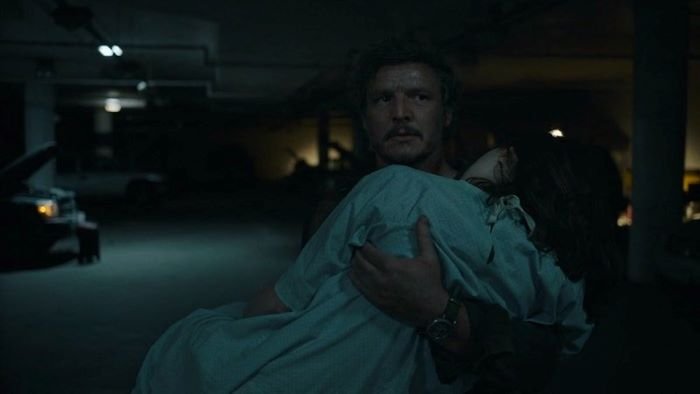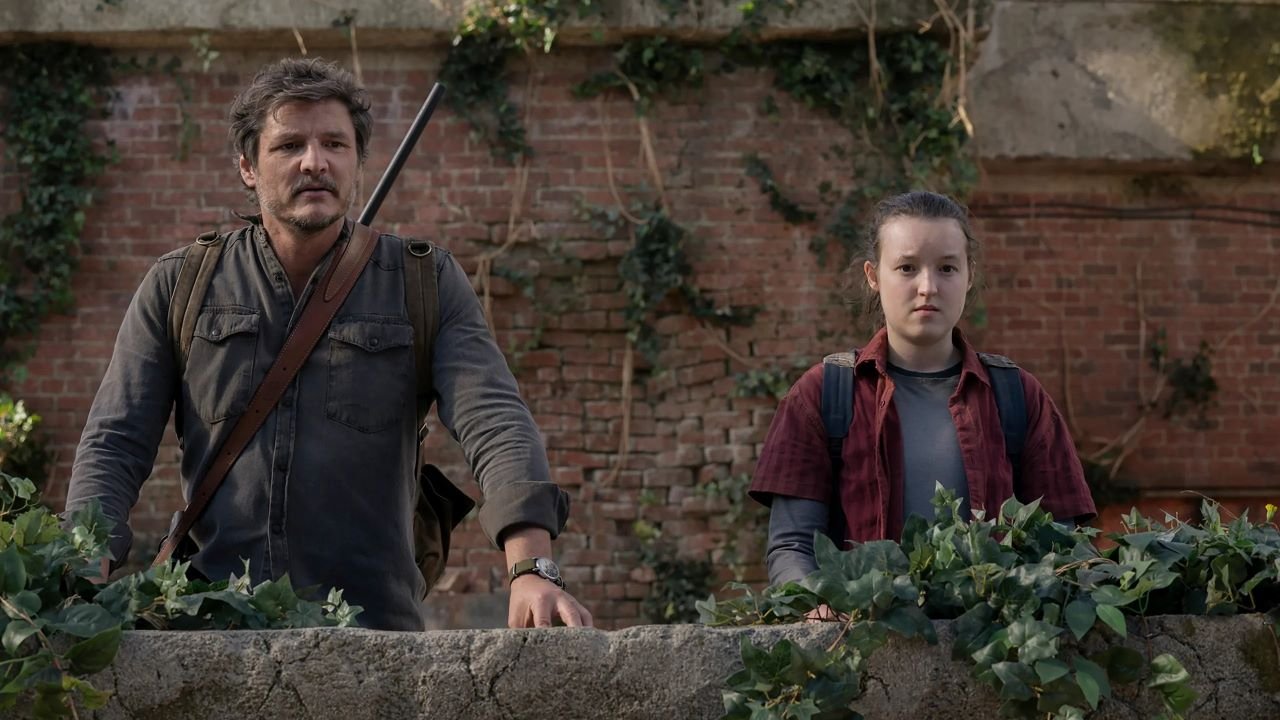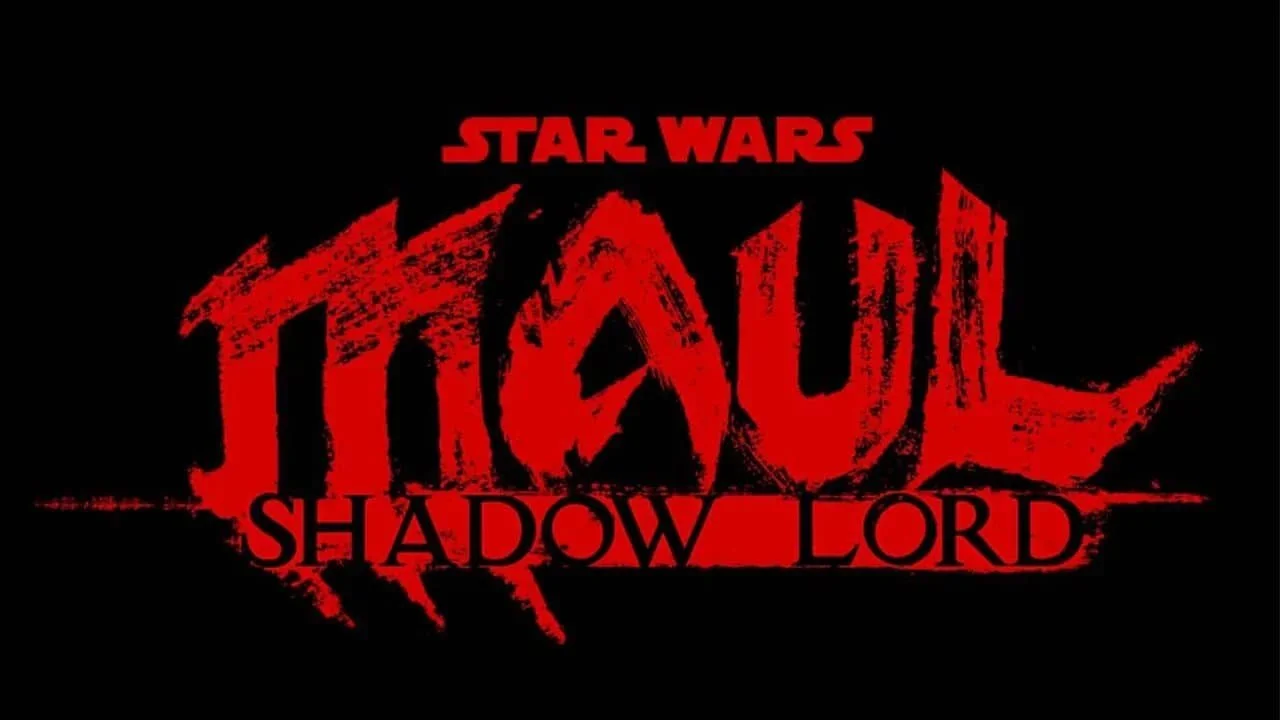Was Joel Right? A Thought Experiment
Image Source: HBO Max
WARNING: SPOILERS FOR SEASON ONE OF THE LAST OF US AND THE GAME
Season 1 of The Last of Us is now behind us, and people are looking forward to what is to come with Season 2. Well, for most people anyway, if you remember the negativity surrounding the sequel game. Season 2 drama aside, there is drama (again) around the Season 1 finale. I say “again” because this debate came up after beating the first game. Since the game and the show have the same ending, the same debate has arisen again.
Did Joel do the right thing by taking Ellie?
Let’s start with this part right away. I’m a father, so personally, I absolutely feel Joel did the right thing by taking Ellie. Outside of being a father, though, there is more to his decision than that, and it is not a simple right or wrong without some nuance.
Image Source: Leisure Byte
First, let’s get the context. Why did Joel make that decision and what does that mean for world-building? In one of the best finales around, Joel gets Ellie to the hospital at long last. However, he discovers that the doctors need to kill her in order to get sufficient information as to whether Ellie’s blood could save humanity. Unwilling to lose another person he loves, Joel goes on a rampage and runs away with Ellie. He kills Marlene to keep her from following them. There is no other way around it. Joel lost his daughter at the beginning of the apocalypse, and as his relationship with Ellie grew, he could not lose another. However, we are led to believe that the cure for the human cordyceps infection is lost with Ellie and Joel.
RELATED:
But would it have actually done any good to let her die? There are many debates online, from doctors to your usual gamer. Many call into question the doctor’s assertion that he could find a cure with Ellie’s sacrifice. Whether he would or not is not what I’m looking at here. I’m a social scientist. I teach civics and psychology. If the doctor was allowed to operate and extract what he needed and did cure the infection, the dream of Marlene and the Fireflies on rebuilding society was still a fantasy and would never have come to fruition.
Image Source: Decider
The thing many people seem to forget when thinking about recovery from an apocalyptic scenario is how we got to where we were before the apocalypse in the first place. Our level of development and societal structures are the result of centuries of slow-moving, intersectional processes. In the wake of cataclysmic events that completely dismantle existing systems, it would take an incredible amount of time to “return” or even come back from such a thing.
There is also no precedent for such a recovery. The closest anything has come to such a total disruption of global systems was the extinction of the dinosaurs. When you think of it, what succeeded the dinosaurs? Mammals, and it was millions of years before what eventually became apes ventured onto grasslands and started to walk upright. Even since the dawn of human civilization, there is no equivalent cataclysmic event. Civilizations have come and gone, but the survivors have been absorbed into whatever societies replaced them or conquered them. What society would people rejoin or create when they are suddenly cured of the infection and there is no fear of becoming infected? It simply does not exist anymore.
Let us imagine that the scenario works, and people are cured of the cordyceps infection. For one, human populations of The Last of Us are fractured, living in Quarantine Zones (QZs) governed by fascist remnants of a federal government that no longer exists. The Fireflies paint this ideal picture of people being free to come back together to rebuild. However, in the 20 years since the cordyceps infection destroyed the world, people have done unspeakable acts that were previously unheard of in a civilized society. The pandemic has irreparably changed people, not to mention the people too young to remember a time before the apocalypse. You cannot expect people to just forget what they were forced to do to survive, and go back to running a stable, civilized democracy. There isn’t a society on the planet that has come back from a cataclysmic event. They’re all relegated to the pages of history.
Image Source: Nerdist
This also takes FEDRA into account. Each QZ appears to be a little more than a modern version of an old-school city-state that rules its domain with an iron fist. The show and game start out in the Boston QZ, and there are references to other QZs throughout the former United States. It is also clear the Constitution doesn’t matter anymore. The show does seem to indicate that the different FEDRA QZs are in some way interconnected as evident when Riley mentioned being transferred to another QZ. Now, let’s consider the possibility of a cure. FEDRA and those in charge have had unlimited power over the last 20 years, and they are not going to just give it up. They have essentially acted like warlords for two decades. Which one of them is going to take power? Will there be an election? Why would anyone under their oppressive boots for the last generation even choose any of them to lead?
These revelations also indicate another problem that would arise in any attempt to reunify the country: violence. The time since the start of the cordyceps infection has been dominated by violence. It is a means of asserting control over a region or population. Because of FEDRA’s use of power and violence to assert control, people don’t think too highly of them. Look at what happens to them in Kansas City. Even if everyone is cured, FEDRA still controls the weaponry, vehicles, and resources. Who’s to stop them when they move in to maintain their power? It is doubtful that the survivors in small enclaves outside the QZs would rejoin society peacefully knowing what FEDRA has done to retain its power.
If the Firefly doctor was successful and cured humanity of the cordyceps threat, there would still be no glorious return to normality. Let’s also remember that they weren’t absolutely certain the procedure would work. This is essentially a different version of the trolley dilemma with Joel’s hand on the switch. Does he divert the trolley into Ellie or everyone else? As we see with the trolley dilemma, you need absolute information to make the decision. He may have acted selfishly, but there was no guarantee that killing Ellie would even give them the cure. We’re led to assume that particular outcome.
Given the potential carnage that will follow after everyone was cured, the possible violence and anarchy to follow may lead to a worse situation than when the infection was around. Therefore, enough doubt remains that it leaves us with one conclusion.
Joel was right to rescue Ellie.
READ NEXT:
Source(s): IGN
















